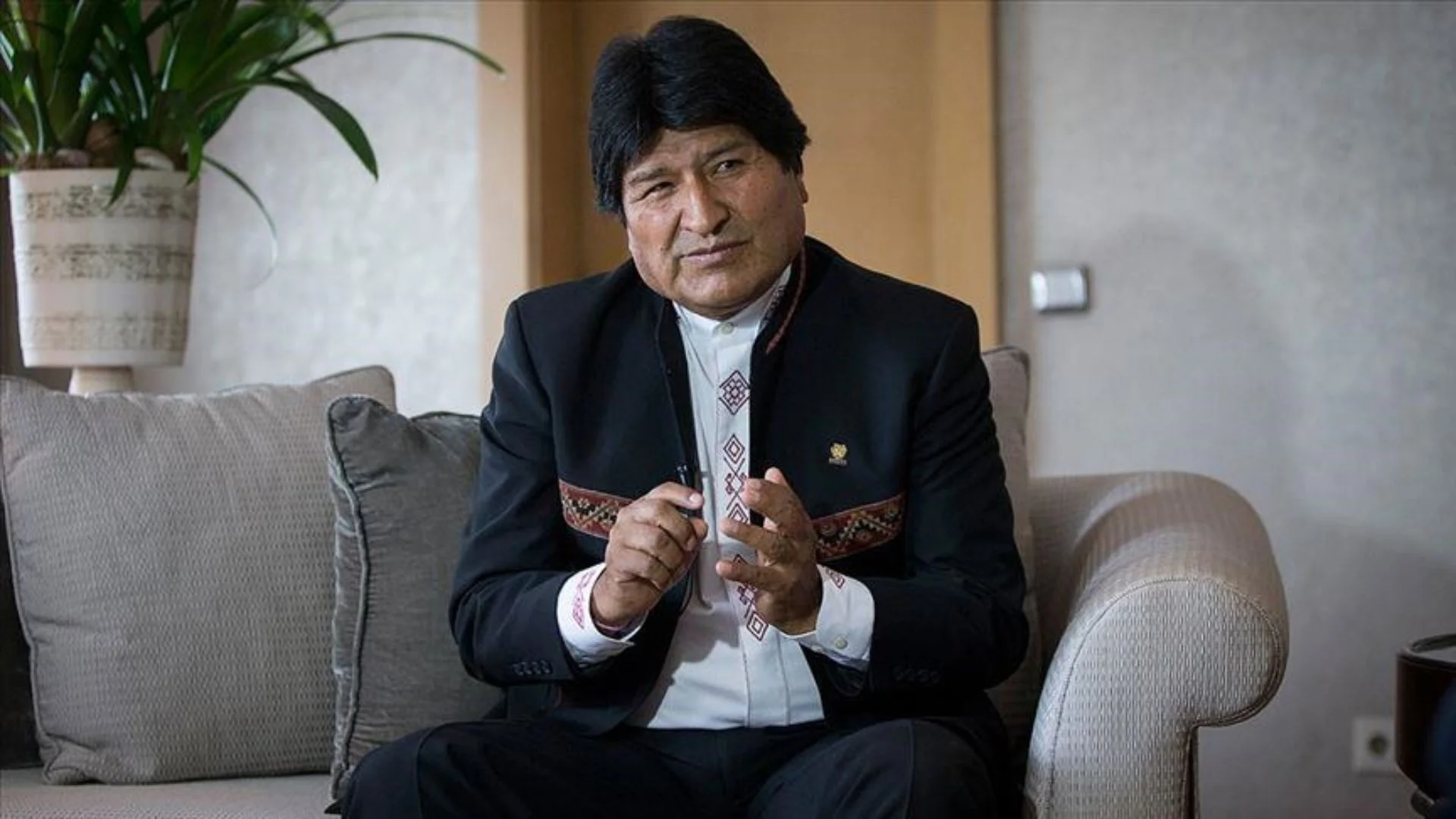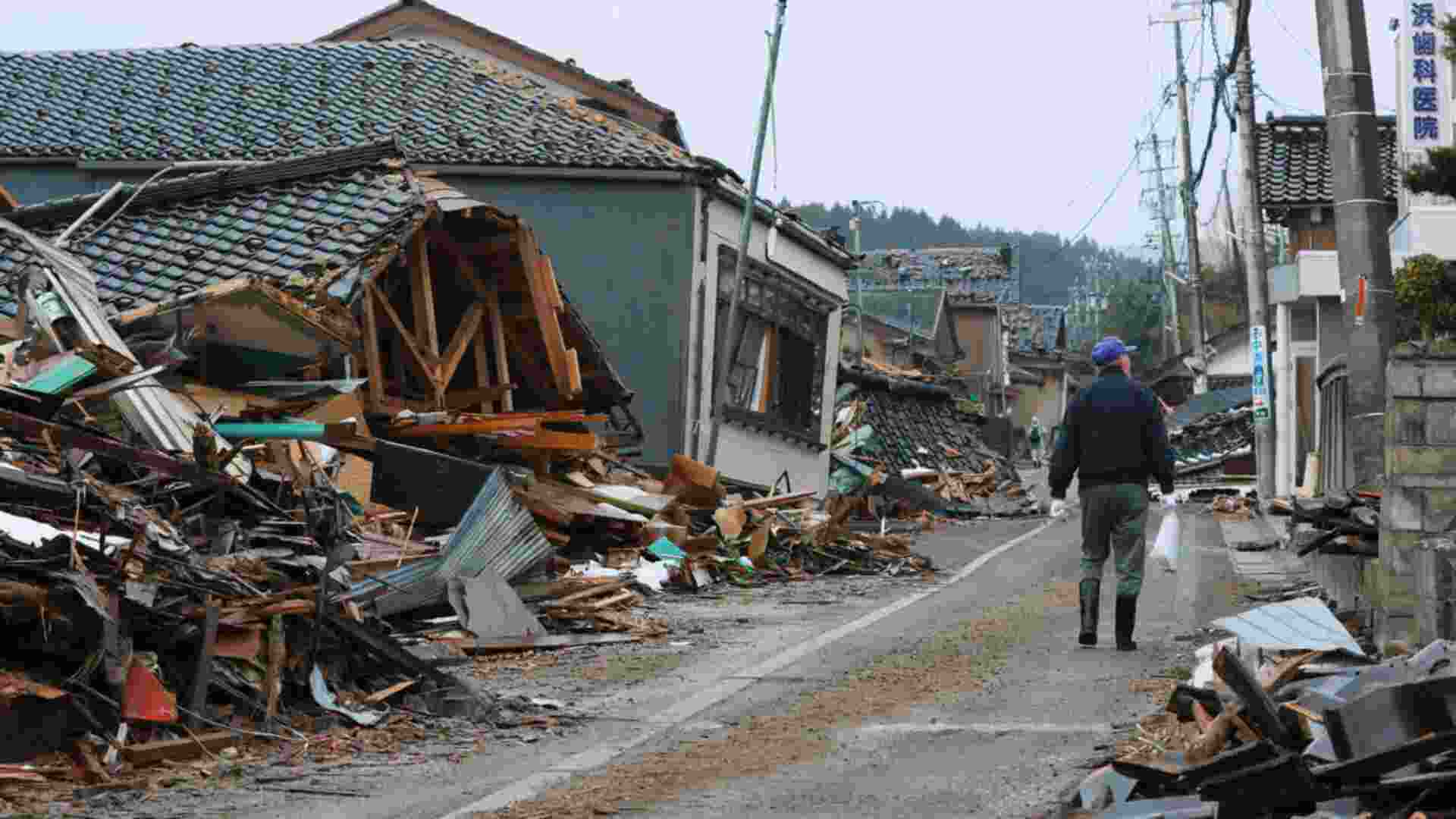The US Air Force plans to bring the Pacific Island airfield that launched the atomic bombings of Japan back into commission, CNN reported citing the service’s top officer in the Pacific. The US decision comes as Washington attempts to broaden its basing options in case of any hostilities with China.
Speaking to Nikkei Asia, General Kenneth Wilsbach, commander of Pacific Air Forces, said, “If you pay attention in the next few months, you will see significant progress, especially at Tinian North.”
He said the airfield “has extensive pavement underneath the overgrown jungle. We’ll be clearing that jungle out between now and summertime,” adding that it will be “an extensive” facility once construction is complete, Nikkei Asia reported.
Tinian is part of the Commonwealth of the Northern Mariana Islands, a US territory in the Pacific. Only about 3,000 people reside on the 39-square-mile island. Wilsbach did not reveal the timeline on when the airfield will be operational, Nikkei Asia reported.
Tinian and the nearby islands of Saipan and Guam have a rich history of US air operations. During World War II, all three islands after they were captured from Japan, were home to fleets of B-29 Superfortress bombers, which caused destruction on the Japanese homeland.
As many as 100,000 people and a million others were injured after the firebombing of Tokyo was carried out by B-29s launched from the three islands on March 10, 1945, as per a media report.
During the bombing of Japan in 1945, North Field on Tinian became the busiest and largest airport in the world. The B-29 bomber named Enola Gay carrying the atomic bomb rolled down on North Field’s runway on August 6, 1945, which would be dropped on Hiroshima later that morning, killing 70,000 people and bringing the world into the nuclear age.
Three days later, another B-29, named Bockscar, dropped an atomic bomb on Nagasaki, killing 46,000 people with its initial blast. The US Air Force’s Fiscal Year 2024 budget request shows USD 78 million has been sought for developing projects on Tinian Island, according to a media report.
The reclamation project is part of the US military’s Agile Combat Employment (ACE) strategy, which as per the Air Force doctrine document “shifts operations from centralized physical infrastructures to a network of smaller, dispersed locations that can complicate adversary planning and provide more options for joint force commanders.”
The US Air Force has already been practising the Agile Combat Employment (ACE) concept on Tinian, including operating F-22 stealth fighters out of its international airport during exercise Agile Reaper in March, according to the report.
















